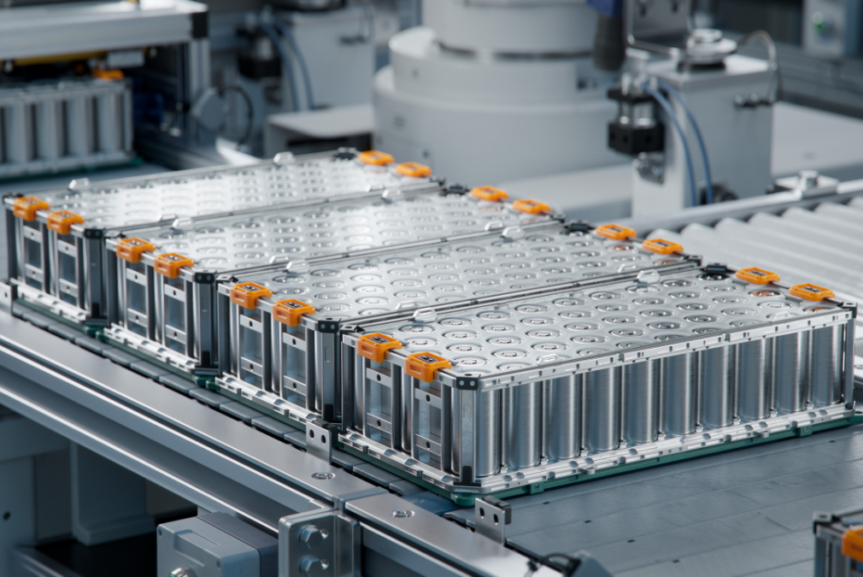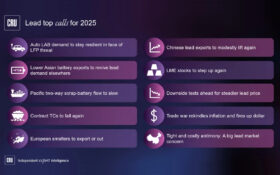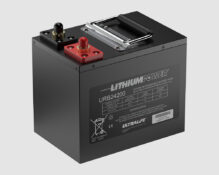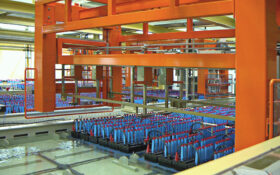Lead-based batteries will survive increasing competition from other metals such as lithium and nickel as the electric vehicle (EV) market expands, according to the boss of Indian mining firm Hindustan Zinc.
CEO Sunil Duggal (pictured), whose group produces zinc, lead, silver and cadmium, said: “Lead-acid batteries have the ability to overcome its weakness (low energy density) with its cost competitiveness, safety, availability of raw materials and recyclability.”
Duggal told the Hindu Business Line: “It is not widely known, but all hybrid cars and EVs use lead-acid batteries— even though they are slightly smaller— for auxiliary power.”
Duggal said issues relating to scarcity of raw materials and limited recycling still plagued battery tech such as lithium-ion.
In addition, Duggal said “global reserves of lithium are quite limited and restricted to a few countries in South America” while the “high temperature application of lithium-ion batteries” had not proven reliable.
Duggal said he envisions a positive short-term future for lead. “It is estimated that lead consumption will increase at an average of 2-3% in the next five years.” And he said lead prices are expected to be robust owing to limited global supply.
Battery Council International’s five-year starter lighting and ignition batteries forecast, reported earlier this year, included an impact assessment of lithium-ion on the former 100% lead-acid market.
Industry veteran Ray Kubis said lithium would not have it all its own way, with the “inevitable occurrence of many future safety incidents”— just one of the challenges faced.












